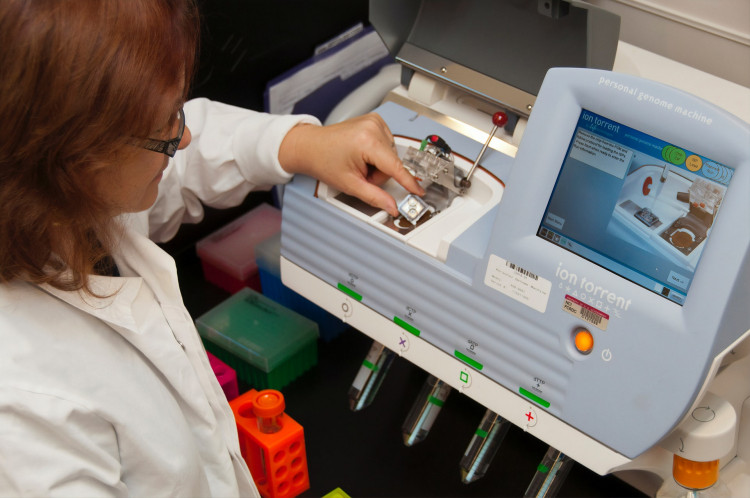An increasing body of research indicates that the blood type can play a role in the risk of coronavirus infection or the development of life-threatening disease complications.
It does not, however, suggest that any particular form of blood is more protective or more harmful with respect to Covid-19, and the evidence can still pose more questions than answers.
In the journal Blood Advances, a publication of the American Society of Hematology, two studies on the topic were published Wednesday.
In the first, researchers in Denmark looked back on data from February to July on 473,654 individuals tested for Covid-19. Many findings were negative; only 7,422 studies came out positive.
Blood type, the study discovered, stood out as a strong potential difference between the two groups.
"Blood group O is significantly associated with reduced susceptibility to SARS-CoV-2 infection," the study authors wrote, which could mean that individuals with blood type O appeared to be less infected with SARS-CoV-2.
The results of the research are constrained because only 62% of those who were examined was blood type information available. It is also necessary to remember that persons with blood type O can and do fall ill.
The research shows that you have a marginally lower chance if you have type O. But it's a slight decline, and that the type of blood does not represent a risk of zero percent. The new research won't change the way doctors treat patients with Covid-19.
Nevertheless, a second smaller study also released Wednesday seems to boost those figures. From February to April, researchers in Canada looked at data on 95 Covid-19 patients in Vancouver. Everyone was too ill to be hospitalized in intensive care units.
Researchers once again noticed variations in blood groups. Certain forms seemed to be correlated with bad results this time.
According to this study's authors, a higher proportion of Covid-19 patients with blood group A or AB required mechanical ventilation and had a longer ICU stay compared with patients with blood group O or B. Types A and AB were also more likely to need a type of dialysis that helps the kidneys filter blood without too much pressure on the heart.
There are important caveats to consider from the new research. There is zero indication that any blood type is either totally protective or dooms a patient to severe outcomes of Covid-19.
Public health officials say that people with any blood type need to take the same mitigation precautions, such as wearing a mask and maintaining physical distancing and effective hand-washing. These studies only suggest an association between blood types and Covid-19 outcomes, not cause and effect.






